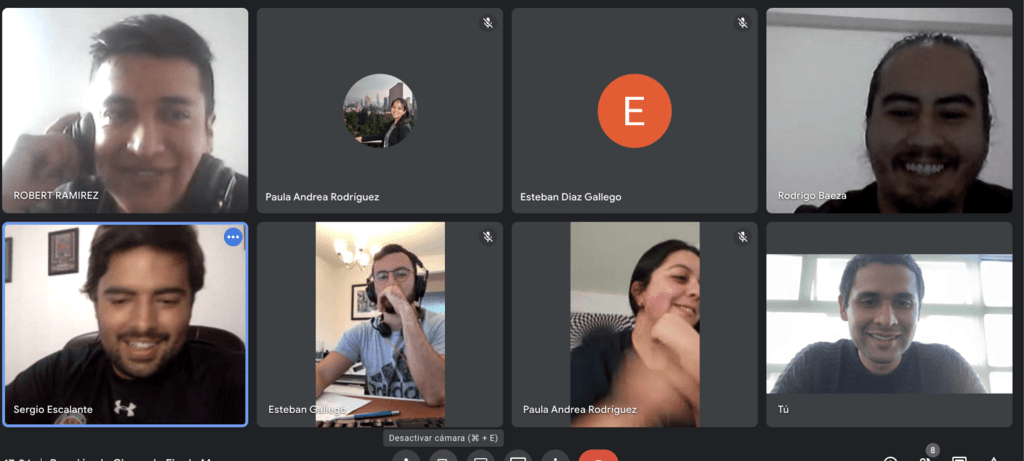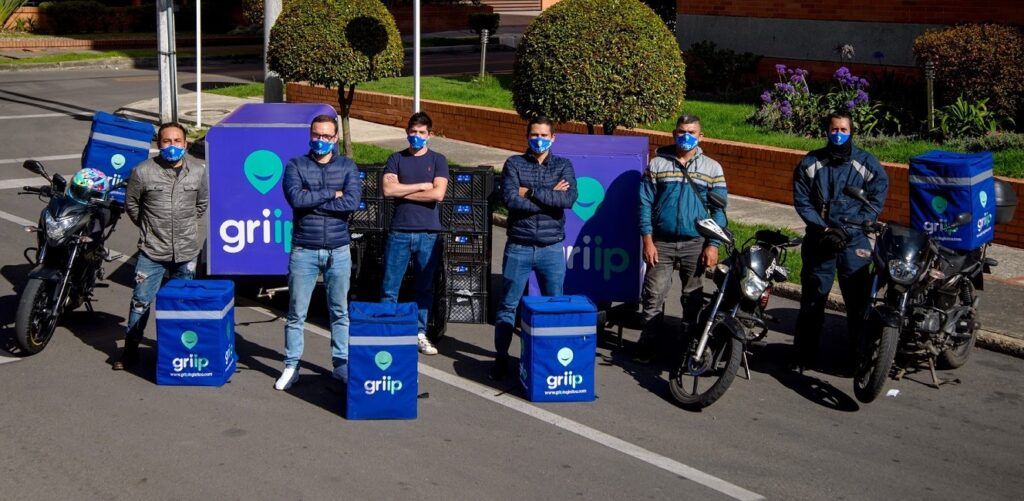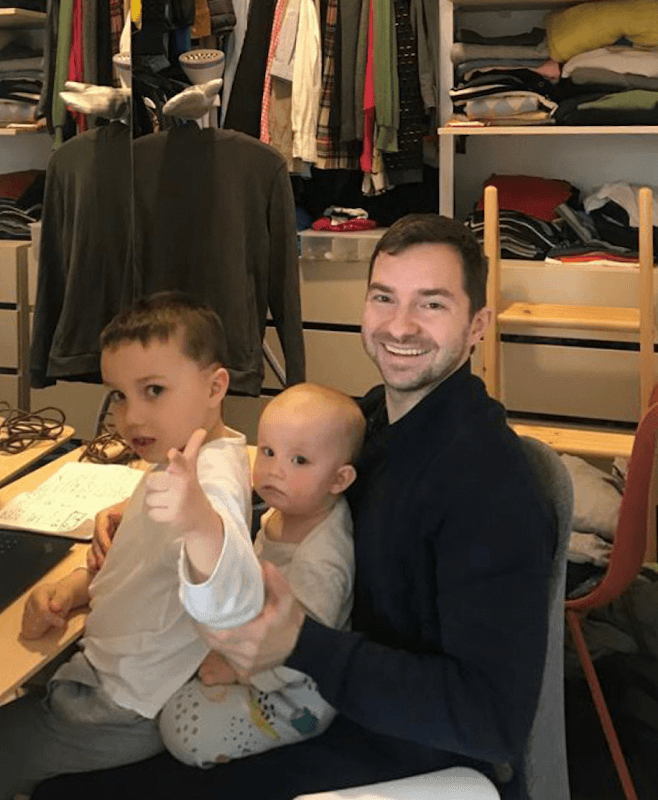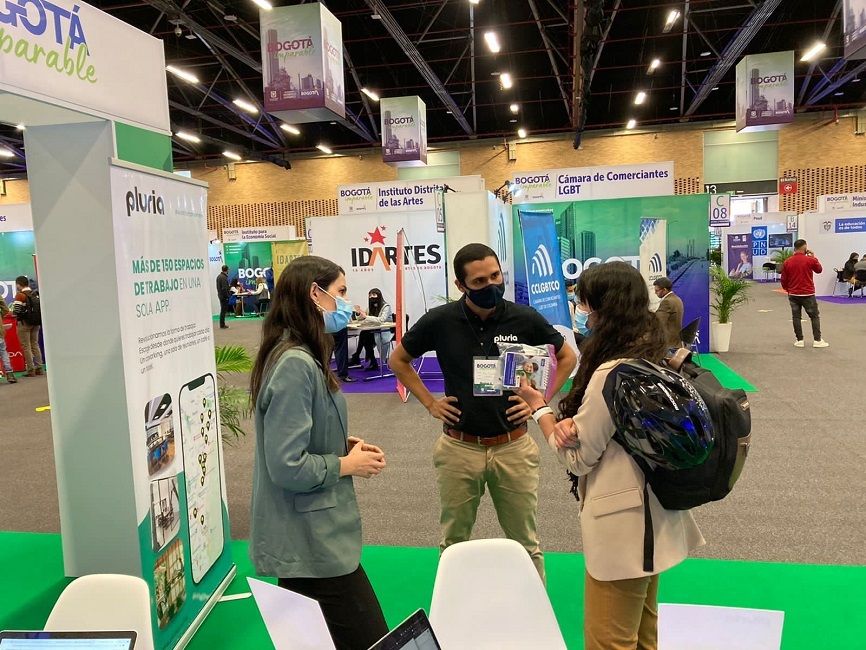

The Way We Work Has Changed and Will Be Transformed Forever
04 December, 2023
Share this article
I have always believed that each challenge or difficulty has its positive side, due to its learnings, or, better yet, that disruptive side, bringing a lot of innovation. One of these processes has been lately related to how companies and collaborators work during the COVID-19 pandemic.
It is obvious that, after almost four months of confinement and more than one and a half years of pandemic, people are more aware and question nowadays the traditional way of working. Concepts such as life balance, remote work, working for goals and objectives (performance), purpose within work, are words that increasingly resonate more and more constantly in our work environment.
I remember very well that my father did not understand how a team created in the midst of a pandemic could operate a logistics company with 100% remote collaborators and in different parts of the world (Spain, USA, Chile, and Colombia).
For him, this situation was a bit abnormal, since presence should be a duty and control over employees is a fundamental strategy of the company. This is where my story begins. A journey full of discoveries, new work models and incredible people from all over the world.
I started to discover this new style of working remotely when I created my company, Griip Logística, two years ago. It was a bit crazy how four founders of different nationalities, but with a very clear vision, could overcome that traditional work model. It was very clear to us that opting for a remote culture could bring us great benefits. Our company was based on: global qualified talent, flexibility, life balance and international coverage.

As time went by, we began to find a common denominator that is increasingly present in many multinationals, startups, SMEs and small companies. According to a report recently released by Microsoft, 40% of the global workforce is considering leaving their current job this year.
In fact, 70% of workers want flexible remote work options and 66% of decision makers in companies are considering redesigning their physical spaces to accommodate better hybrid work schemes.
As a startup that implements this style of work, it is essential to have a methodology that guides and focuses very well on each employee of the company. For Griip Logística, it was the methodology used by Google, Intel and Facebook called OKRs (Objective and Key Result).
Learning from this path has made me more aware that I do want to opt for new models, as monitoring and having clear goals are essential when having remote teams. It is also important that your entire team can feel comfortable with the technology you currently use for online meetings and understands the different platforms you have implemented to improve productivity and project monitoring.

After years of working with an incredible international team, I met a person who changed my North. That person is a visionary entrepreneur, who had the ambition to change the way companies and employees work today.
His story marked my life and a connection of ideas and purposes began to be generated between us. Andrei Cretu told me how his experience of working in his office or from his home could mark a change in the way he could solve a real problem for millions of companies and people around the world.
This is what he told me: “I was working from a closet (literally) for several months, having online meetings and talking with clients between hangers, shirts and shoes, with my son interrupting me for drawing paper and the little one appearing in front of the laptop. When I wasn’t in the locker room, I was in the ‘creț-mobile’, my car, not driving anywhere, just sitting there to get a call.”

After listening to his life story, an insistent idea kept ringing in my head: I thought, what would it be like to be able to work from anywhere? Not permanently from the company office as people were used to, not all the time from home, as remote work was considered until then, but having the flexibility to choose a space based on each need?
Being able to work from a coworking center one day and from a cafe the next one, or a couple of hours in a hotel lounge to finish a job that was impossible to concentrate on at home? I want to say that a new course began here.
After several months of many video calls, structuring and planning, we were finally able to take a simple idea that came up while we were talking one day to the next level and move on to its entire execution. Today, Pluria, the startup with the largest number of workspaces in a single app, has become a reality in Latin America.
That’s right, we officially launched the company in Colombia. Many of you will ask me how Colombia can be an attractive market for a Romanian / European company? Why not start in larger countries, which have greater market opportunities? Let me tell you why.
Colombia is a very attractive market for many global companies. In Latin America, our country occupies the first position in terms of coworking participation, where almost 93% of them operate independently. In addition, according to figures from various studies, more than 70% of Colombians prefer to work from any space other than their office or home.
Studies and meetings with various CEOs and HR directors point out how different corporate benefits are migrating to flexible programs both in schedules and in workplaces (coworkings, cafes, hotels, coliving). Finally, many companies are opting for a way of working, which is focused on a center and ‘radio’ alternatives, incorporating this permanently in their cultures. This model sees the company headquarters as a hub for collaboration and connection, to which staff can travel only occasionally or if they really feel comfortable going there. The rest of the time, they are free to work in places (‘radios’) closer to home.

Our team has already started local operations. At the Colombian level, we already have great allies that are part of our network. On average, we expect to have more than 70 workspaces on our platform in less than four months, by the end of November.
We currently have spaces in Bogotá, Medellín, Cartagena, Pereira, Armenia. Our goal in the next six months is to take over the Colombian market and to continue our expansion process to Mexico in eight months. The Latin American market is already a reality. We come to change lives and help millions of companies on their way to becoming much more flexible organizations.
In the end of this article, I want to share with you these figures from Harvard Business Review: more than 20% of employees state that their employers do not care much about the work-life balance and feel that they reach burnout points frequently.
Job openings on LinkedIn increased fivefold during the pandemic, while 46% of remote workers plan to move to a new place this year because they can work remotely now. People no longer have to leave their desks to expand their careers and seek new horizons. This will have a giant impact on the world of work.
I invite you to try our mobile APP, which includes more than 150 workspaces in the world. The app is available for both Android and IOS devices.
Keep up to date with our most recent articles, events and all that Pluria has to offer you.
By subscribing to the newsletter you agree with the privacy policy.